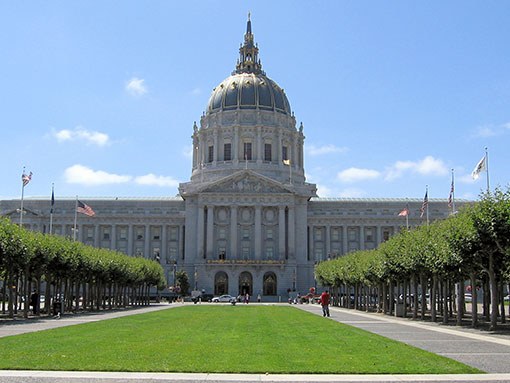The essence of both state and municipal governance is expressed in purposeful activities of authorities (state or municipal) or private officials who are in public service. The goals and methods of these activities is different, but some principles of management are similar.
The purpose of public administration is the implementation of the selected policy. The main tool here is law-making activity. In other words, management of this kind is provided by the generation and approval of various legislative, legal and other acts, and the object of regulation - the relationship of the citizens.
Theory of public administration has identified several conceptual approaches that can serve as the basis for the formation of the administrative apparatus. It's legal, policy and administrative approaches. The first of them as the main priority activities for the implementation of public administration calls the legal protection of citizens. The second puts forward the doctrine of the most complete incarnation of the popular will. Management approach in prioritizing the requirement for maximum efficiency of operation of the state machine.
Municipal management, in contrast to the political, practically does not regulate relations of citizens. The main goal is the efficient use and development of infrastructure aimed at improving the welfare of the people residing on the territory of the municipality.
Unlike the state, municipal bodies do not produce laws. The product of their activity are various kinds of orders, projects, orders for the use of municipal assets. In addition, the functions of the municipal management includes decision making about establishment of local taxes, the amount of local budget development programs in the region, etc.
